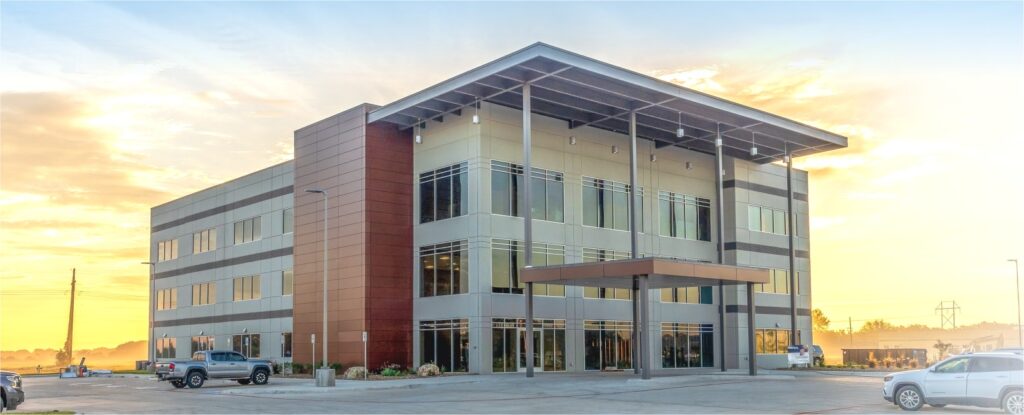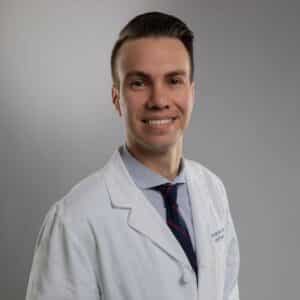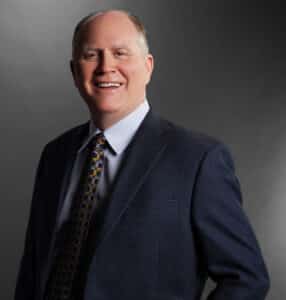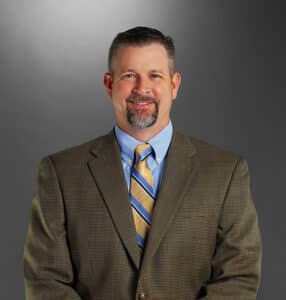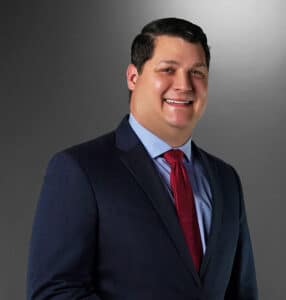
Orthopedic doctors, also known as orthopedic surgeons, are specialists who focus on diagnosing and treating conditions that affect the musculoskeletal system. This system includes bones, muscles, ligaments, tendons, joints, and nerves. Whether you’re dealing with an injury or a chronic condition like arthritis, an orthopedic doctor can provide the expertise and care you need. In this comprehensive guide, we’ll explore the role of orthopedic doctors, the conditions they treat, the procedures they perform, and how to find the right orthopedic doctor for you.
Table of Contents
Role of an Orthopedic Doctor
Orthopedic doctors play a crucial role in the management of musculoskeletal conditions. Their primary responsibilities include:
Diagnosis and Treatment
Orthopedic doctors have extensive knowledge of the musculoskeletal system, allowing them to accurately diagnose and treat a wide range of conditions. Whether it’s a fracture, sprain, or chronic condition, they employ their expertise to provide the most effective treatment plan.
Rehabilitation
After an injury or surgery, orthopedic doctors help patients with the rehabilitation process. This involves designing personalized programs to restore movement, strength, range of motion, and flexibility. They work closely with physical therapists and other healthcare professionals to ensure optimal recovery.
Prevention
Orthopedic doctors are proactive in preventing injuries and managing chronic conditions. They develop strategies and provide guidance on lifestyle modifications, exercise routines, and preventive measures to minimize the risk of musculoskeletal issues.
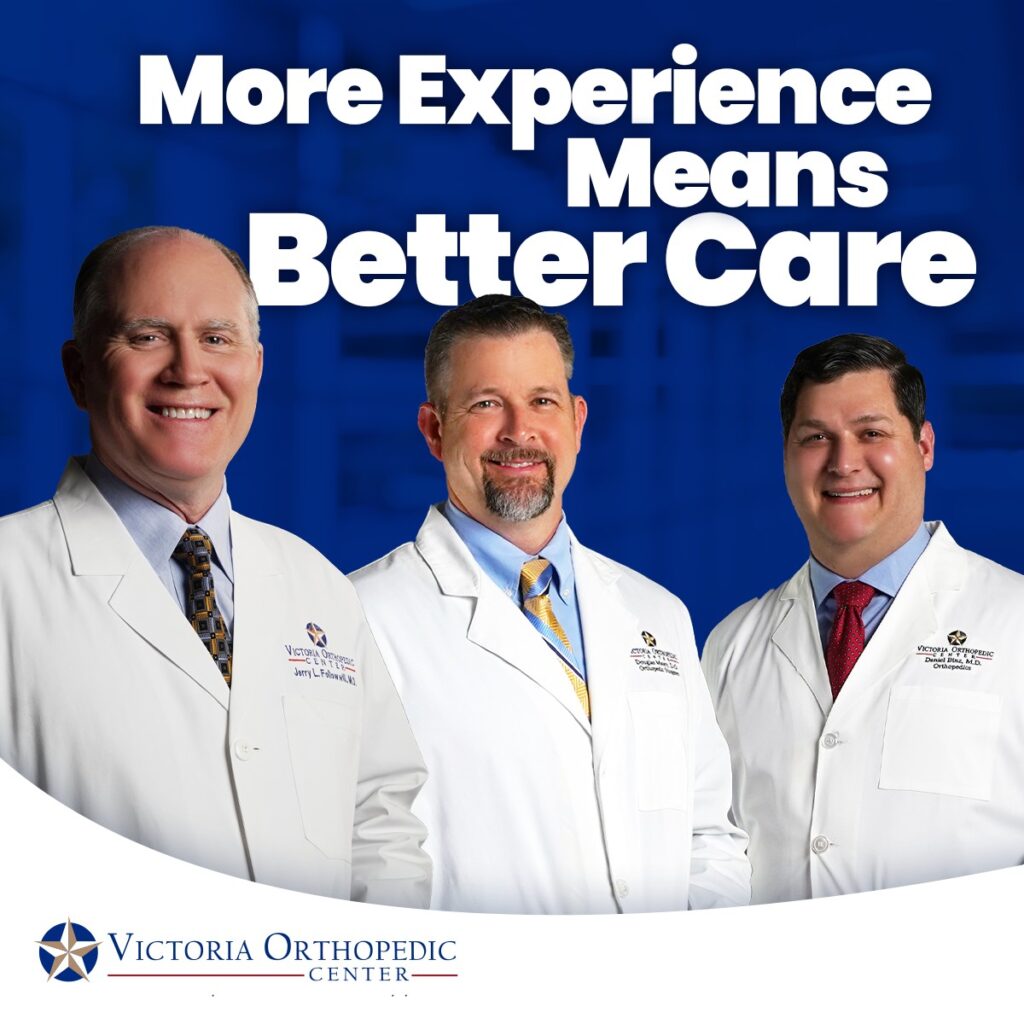
Specializations within Orthopedics
While orthopedic doctors are knowledgeable about the entire musculoskeletal system, many choose to specialize in specific areas. Some common subspecialties within orthopedics include:
Spine
These orthopedic doctors specialize in treating conditions and injuries related to the spine. They address issues such as herniated discs, spinal stenosis, scoliosis, and degenerative disc disease.
Hip and Knee
Orthopedic doctors specializing in hip and knee conditions focus on the diagnosis and treatment of conditions like hip dysplasia, osteoarthritis, ACL tears, and meniscus injuries.
Hand and Wrist
Hand and wrist orthopedic doctors provide specialized care for conditions such as carpal tunnel syndrome, trigger finger, arthritis, and fractures of the hand and wrist.
Shoulder and Elbow
These specialists focus on diagnosing and treating shoulder and elbow conditions, including rotator cuff tears, tennis elbow, shoulder impingement, and fractures.
Foot and Ankle
Orthopedic doctors specializing in foot and ankle conditions address issues like plantar fasciitis, Achilles tendonitis, ankle sprains, bunions, and fractures.
Sports Medicine
Sports medicine orthopedic doctors specialize in treating sports-related injuries, including ligament tears, stress fractures, dislocations, and muscle strains.
Trauma Surgery
Orthopedic trauma surgeons are skilled in managing severe musculoskeletal injuries, such as complex fractures, dislocations, and injuries resulting from accidents or trauma.
It’s important to note that while orthopedic doctors may have subspecialties, they are also well-equipped to provide general orthopedic care.
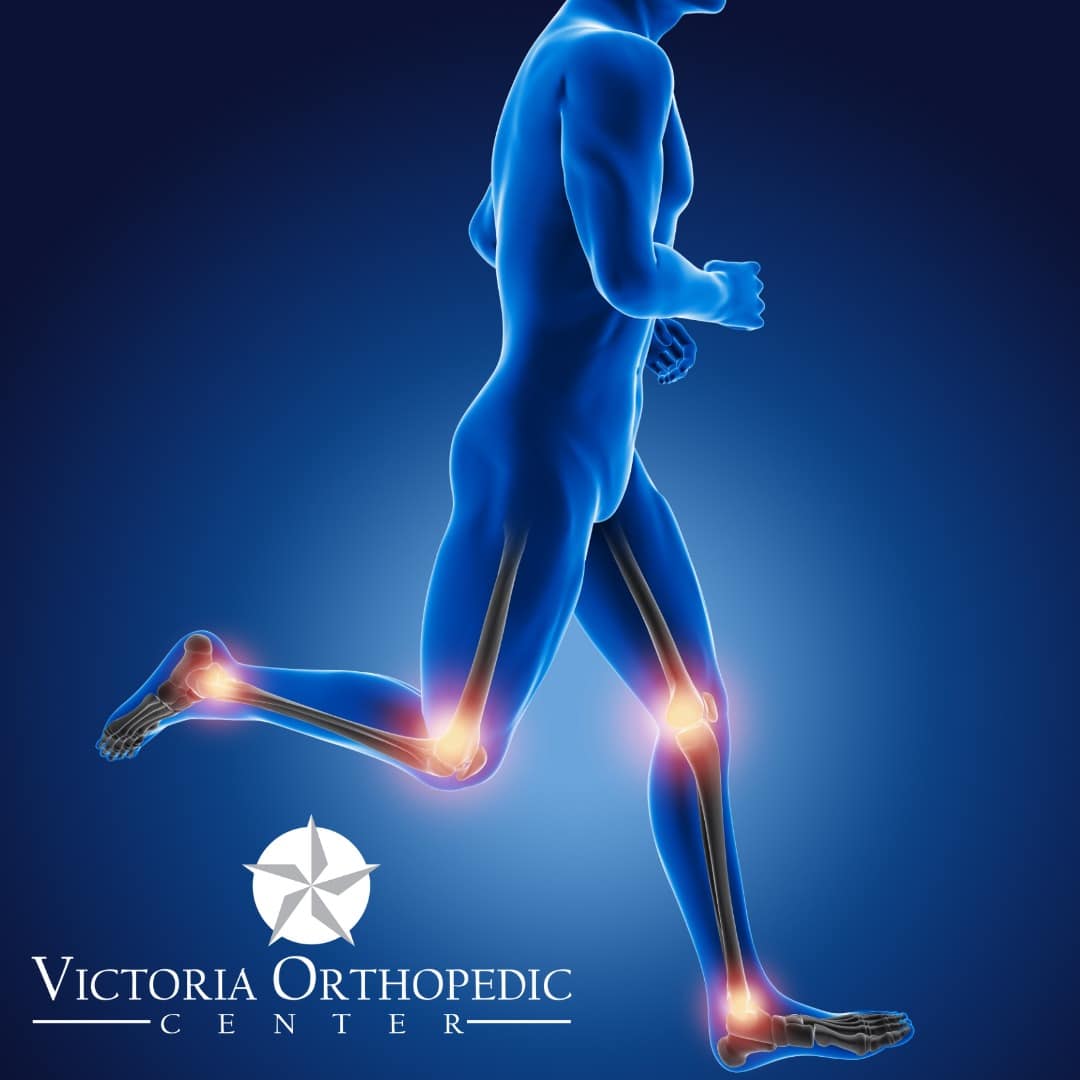
Conditions Treated by Orthopedic Doctors
Orthopedic doctors diagnose and treat a wide range of conditions affecting the musculoskeletal system. Some common conditions they address include:
Fractures
Orthopedic doctors manage fractures of all types, including simple fractures, compound fractures, stress fractures, and pathological fractures.
Arthritis
Whether it’s osteoarthritis, rheumatoid arthritis, or other forms of arthritis, orthopedic doctors provide treatment options to alleviate pain and improve joint function.
Back and Neck Pain
Orthopedic doctors are skilled in diagnosing and treating conditions that cause back and neck pain, such as herniated discs, spinal stenosis, degenerative disc disease, and sciatica.
Sports Injuries
From sprained ankles and torn ligaments to stress fractures and concussions, orthopedic doctors specialize in the diagnosis and treatment of sports-related injuries.
Tendon and Ligament Injuries
Orthopedic doctors manage tendon and ligament injuries, including conditions like rotator cuff tears, ACL tears, tennis elbow, and Achilles tendonitis.
Joint Disorders
Orthopedic doctors provide care for various joint disorders, such as hip dysplasia, osteoarthritis, rheumatoid arthritis, and degenerative joint disease.
Muscle Strains and Tears
Whether it’s a hamstring strain, quadriceps tear, or calf muscle strain, orthopedic doctors offer treatment options to promote healing and restore muscle function.
Congenital Conditions
Orthopedic doctors specializing in pediatric orthopedics diagnose and treat congenital conditions like scoliosis, clubfoot, hip dysplasia, and limb deformities in children.
These are just a few examples of the conditions orthopedic doctors treat. Whether you’re dealing with acute injuries or chronic conditions, seeking the expertise of an orthopedic doctor can make a significant difference in your quality of life.
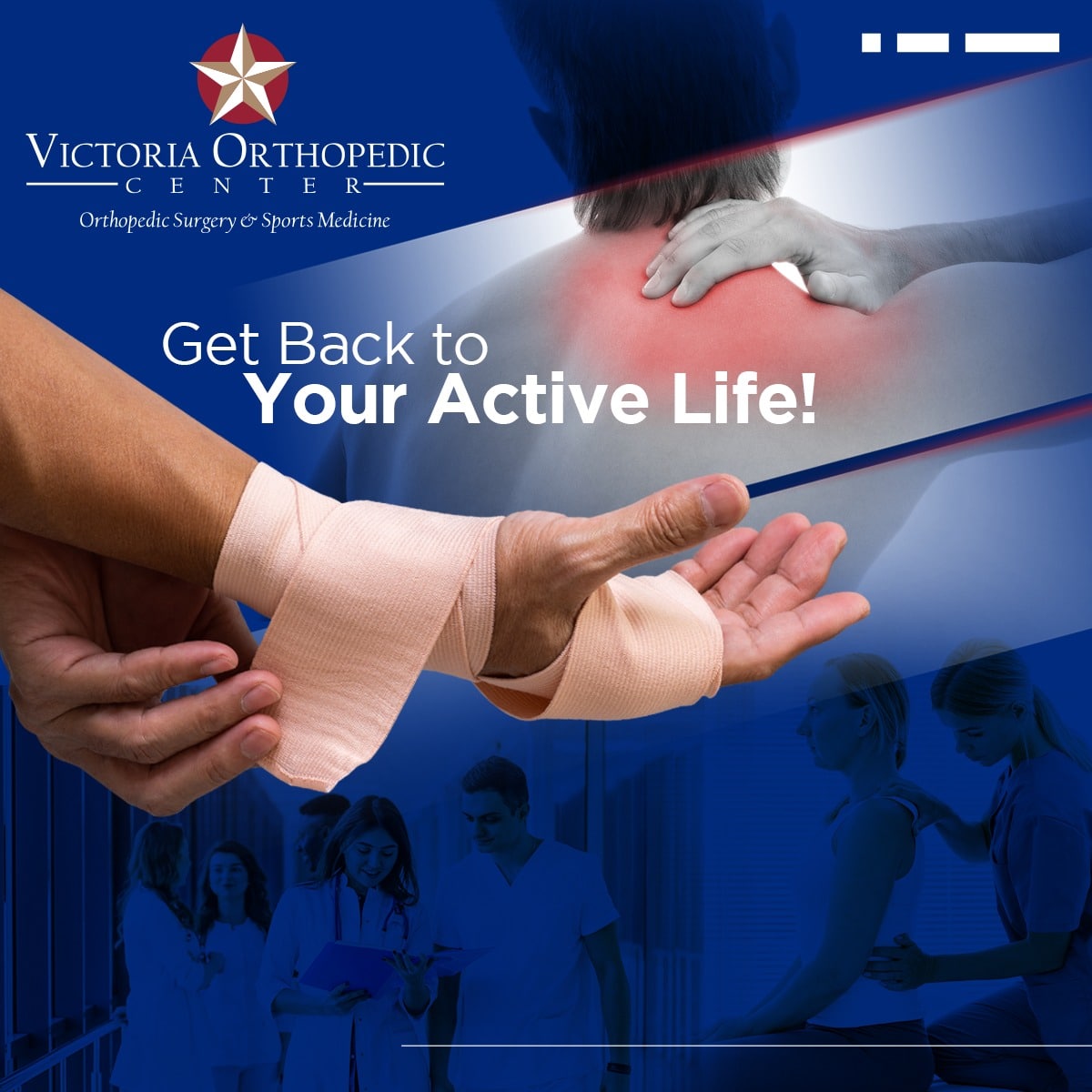
Procedures Performed by Orthopedic Doctors
Orthopedic doctors may recommend various procedures to diagnose and treat musculoskeletal conditions. Some common procedures performed by orthopedic doctors include:
Joint Replacement Surgery
In cases of severe joint damage due to conditions like osteoarthritis, orthopedic doctors may recommend joint replacement surgery. This surgery involves replacing damaged joints, such as hips or knees, with artificial joints made of metal or plastic.
Arthroscopy
Arthroscopy is a minimally invasive procedure used to diagnose and treat joint problems. It involves inserting a small camera called an arthroscope into the joint, allowing the orthopedic doctor to visualize and treat the issue.
Fracture Repair
Orthopedic doctors specialize in the repair of fractures. Depending on the severity and location of the fracture, they may use methods like casting, splinting, or surgical intervention to align and stabilize the fractured bone.
Ligament and Tendon Repair
Orthopedic doctors perform surgeries to repair torn or damaged ligaments and tendons. This may involve reattaching the ligament or tendon to the bone or using grafts to replace damaged tissue.
Spinal Surgery
Orthopedic doctors specializing in spine surgery perform procedures to address conditions like herniated discs, spinal stenosis, and spinal deformities. These procedures may involve decompression, fusion, or the placement of spinal implants.
Rotator Cuff Repair
For individuals with rotator cuff tears, orthopedic doctors may recommend surgery to repair the torn tendons in the shoulder. This surgery can help restore strength and function to the shoulder joint.
Carpal Tunnel Release
Orthopedic doctors perform carpal tunnel release surgery to relieve the symptoms of carpal tunnel syndrome. This involves cutting the ligament that’s pressing on the median nerve in the wrist, alleviating pain and numbness.
These are just a few examples of the procedures orthopedic doctors perform. The specific procedure recommended will depend on the individual’s condition and the orthopedic doctor’s expertise.

Education and Training of Orthopedic Doctors
Becoming an orthopedic doctor requires extensive education and training. In the United States, orthopedic doctors typically complete the following steps:
Undergraduate Degree
Candidates must complete a four-year undergraduate degree at a college or university. While there is no specific major required, coursework in biology, anatomy, physiology, and chemistry is beneficial.
Medical School
After completing their undergraduate degree, aspiring orthopedic doctors must attend medical school, which typically takes four years. During this time, they learn the foundational knowledge and skills necessary to practice medicine.
Orthopedic Residency
Following medical school, orthopedic doctors enter a five-year residency program focused on orthopedics. During the residency, they receive specialized training in diagnosing and treating musculoskeletal conditions. They gain hands-on experience in both surgical and non-surgical interventions.
Subspecialization
Some orthopedic doctors choose to pursue further subspecialization through a one-year fellowship program. This allows them to gain expertise in a specific area of orthopedics, such as spine surgery, sports medicine, or hand surgery.
Certification
After completing their residency and potential fellowship, orthopedic doctors must obtain certification from the appropriate board. In the United States, this certification is granted by either the American Board of Orthopaedic Surgery or the American Osteopathic Board of Orthopedic Surgery. Certification involves passing a rigorous examination that tests their knowledge and skills in orthopedics.
Continuing Education
Once certified, orthopedic doctors must participate in continuing education to maintain their certification. This involves taking educational courses and passing exams every ten years to stay up-to-date with the latest advancements and research in the field.
Orthopedic doctors undergo extensive training to ensure they have the necessary knowledge and skills to provide optimal care to their patients.
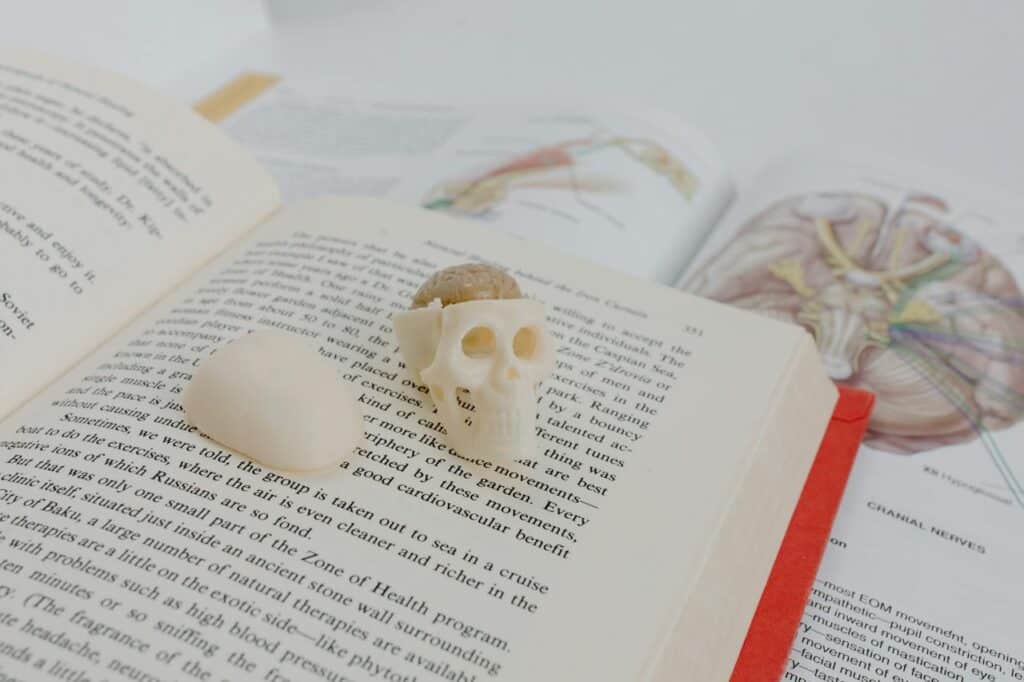
When to See an Orthopedic Doctor
Knowing when to see an orthopedic doctor is important for timely diagnosis and treatment. While each situation is unique, there are some common signs that indicate it’s time to consult an orthopedic doctor:
Persistent Pain
If you’re experiencing persistent or recurring pain in your bones, joints, muscles, or tendons that don’t improve with rest or at-home remedies, it’s worth seeking the expertise of an orthopedic doctor.
Limited Mobility
If you’re having difficulty moving a joint or experiencing a decreased range of motion, it may be a sign of an underlying musculoskeletal issue that requires medical attention.
Inability to Perform Daily Activities
If your pain or condition is interfering with your ability to perform daily activities, such as walking, lifting, or participating in sports, it’s time to consult an orthopedic doctor.
Nerve-related Symptoms
Symptoms like numbness, tingling, or weakness in your arms or legs could be indicative of nerve compression or damage. An orthopedic doctor can help diagnose and treat these conditions.
Sports or Work-related Injuries
If you’ve sustained an injury during sports or work activities, it’s important to consult an orthopedic doctor for an accurate diagnosis and appropriate treatment.
Failed Conservative Treatment
If you’ve tried conservative treatments like rest, medication, or physical therapy without experiencing significant improvement, it’s advisable to seek the expertise of an orthopedic doctor.
Remember, these signs are not exhaustive, and it’s always best to consult with a medical professional to determine the appropriate course of action.

Insurance Coverage for Orthopedic Treatment
Understanding insurance coverage for orthopedic treatment is essential to manage healthcare costs. While coverage may vary depending on your insurance plan, most insurance plans cover medically necessary care for diagnosing and treating specific conditions. It’s crucial to contact your insurance provider to understand the specifics of your coverage before seeking orthopedic treatment.
For individuals with Medicare or Medicaid, finding orthopedic doctors who accept these programs can sometimes be challenging. To navigate this process, you can utilize tools like the Physician Compare Tool for Medicare or contact your state’s Medicaid office for a list of orthopedic doctors who accept Medicaid.
Finding the Right Orthopedic Doctor
Finding the right orthopedic doctor is essential for receiving quality care. Here are some steps you can take to find an orthopedic doctor who meets your needs:
Consult Your Primary Care Doctor
Your primary care doctor can provide valuable recommendations or referrals to orthopedic doctors in your area. They have a good understanding of your medical history and can guide you toward the right specialist.
Online Search
Utilize online resources like the American Academy of Orthopaedic Surgeons (AAOS) online search tool. This allows you to find orthopedic doctors near you based on your location and specific needs.
Ask for Recommendations
Reach out to friends, family, or colleagues who have had similar orthopedic issues and ask for recommendations. Personal experiences can provide valuable insights into the expertise and quality of care provided by orthopedic doctors.
Read Online Reviews
Online reviews can provide additional perspectives on orthopedic doctors. They can give you an idea of patient experiences, the doctor’s approach, and the overall satisfaction of previous patients.
By taking these steps, you can find an orthopedic doctor who aligns with your needs, preferences, and insurance coverage.
In Conclusion
Orthopedic doctors play a vital role in diagnosing, treating, and managing conditions that affect the musculoskeletal system. Whether you’re dealing with an injury, chronic condition, or seeking preventive care, orthopedic doctors have the expertise to provide the care and guidance you need. By understanding their role, the conditions they treat, and how to find the right orthopedic doctor, you can take control of your musculoskeletal health and improve your overall quality of life.
Remember, if you’re in need of orthopedic surgery or therapy, visit Victoria Orthopedic Center to learn how our experienced team can assist you. We are dedicated to providing comprehensive orthopedic care and helping individuals achieve optimal musculoskeletal health.
